Tic disorders: a disability, not a trend
Staff opinion writer Ramsey Tabor talks about her experience with tourettes and dispels misconceptions.
Claire Busse (Ramsey Tabor’s mom)
Ramsey Tabor ‘25 Freshman photo for guidance- Multiple photos were taken by her parents rapidly due to tic flare up
May 17, 2022
My life changed on March 14, 2021. Up until then, besides a few broken arms, nothing had ever really hindered me in my life, but then that changed. I will always remember the moment, I was sitting in my 8th grade religion class, by the window, just working in my textbook, and then my head jerked to the side. I thought it was weird, but nothing and went back to what I was working on, but then it happened again, and again, and again, and it didn’t stop.
It continued and a day later I was taken to the doctor and diagnosed with tics. For me personally I struggle with both vocal and motor tics, but everyone is different and some people have one and not the other.
Since starting writing this article I have been officially diagnosed with tourette’s syndrome. The messed up part of this is that being officially diagnosed with a disability was a relief for me.
A common argument often used is that the new onset of tic disorders are essentially not valid and are just teen girls wanting attention. This is incredibly wrong. For me, my biggest fear is having all eyes on me. Often people with tourettes’ tics respond to exactly what they don’t want to happen in that situation.
Yes, I am functional and live a very active and involved life, but that doesn’t mean that my tics don’t absolutely debilitate me some days, and not always in public. Some of my worst tic attacks come late at night when I’m up in my room studying for a test—if it affects me when I’m on my own, how is it for attention? Why would I choose something to inconvenience me? So no, it’s not for attention.
If this was one article it would not be an issue, but this has been the movement since this new generation of tic disorders appeared and it is spreading such harmful ideas, especially since claims like this are being published far and wide across high traffic media sites.
A common false claim made about the newer and sometimes even the older generation of tic disorders is that it is a bunch of teen girls on the internet (especially tiktok), who want attention.
While this is incredibly false, in my opinion I can sympathize a bit with those who say this. For many adults in powerful positions, they had to make difficult decisions during the height of the pandemic and while these were for the greater good, it doesn’t mean they didn’t backfire at least a bit.
Along with tic disorders rising incredibly, mental health of Gen-Z has been proven to have dropped dramatically. I think that for those who had to make these hard decisions to lock down, the thought that their decision could have caused such awful consequences can be heavy and therefore they look for a scapegoat.
While scientists are not sure of the exact origin of tics, it is a common belief that many, if not most cases, are caused by genetics. Another belief is that anxiety causes these tics to happen. Scientists are also very sure that tics are caused by a miss fire of signals in the brain, causing the unwanted movements or sounds to happen. In the end, the tourettes and tic disorder community is still looking for concrete answers, but making baseless assumptions is not it.
As someone who by the ADA is considered disabled, this is frustrating. For those who don’t know, the ADA is an act that protects disabled folk from discrimination at work, school, etc. The ADA protects both visible (such as a missing limb) to invisible (hearing loss, tourettes, mental illness).
Before I was diagnosed there was a lack of belief and a huge amount of explaining I would have to do everytime my disability came up. The thing is, people know the term Tourette’s, but not tics. If you say you have tics, someone’s immediate thought 9/10 is that you have a bug attached to you, not a disability. So, for me having that diagnosis made my life a lot easier.

That doesn’t mean that the answer to this problem should be diagnosis. Especially since not all people with tics will ever be officially diagnosed. The criteria for a Tourette’s diagnosis is very specific so even those who are still disabled with tic disorders, may never get the official diagnosis.
Another assumption that is often made is that tourettes is a debilitating disability, that it makes going out into public or doing normal daily tasks near impossible. While for some people with much more extreme versions of tourettes may deal with such things, the vast majority can live an average life, where our disability does not stop us from doing day to day tasks.
When I tell people who I don’t spend a lot of time with that I have tourettes I am often met with surprise. For me personally, unless you spend a lot of time near me, you may never see a tic.
While some days are worse than others, the only times I personally am unable to function are during either such extreme flare ups that I physically can’t move parts of my body or during a tic attack. Though, for me, most days I function perfectly fine and can go some days with little to almost zero tics.
Something that I never thought would be so useful for me is the new chairs with wheels that our desks have. When I have a tic that causes a group of muscles to tense up and basically be unavailable, they help me still be able to move around.
Likewise, the new chairs in the cafeteria bend backwards, so when I’m having aggressive tics where I am throwing myself backwards, I am not in danger of tipping the chair over and hitting my head. The soft spaces are also amazing for tic attacks, especially because I never know what specifically I’m going to get during those, so not having to worry about hitting anything is so helpful.
My crew coaches are very much aware of my disability and on really bad days, they will let me go into the back room and sit in the chairs. Once again these chairs are amazing for me. They are very stable and are very soft, keeping me safe during a tic attack. While someone with tourettes was never the thought with this furniture, they make my day to day life so much easier and safer.
The bottom line of it all is that if someone has a tic disorder, they have a tic disorder and unless you are their doctor, where it came from or how prevalent it is, is none of your business. I personally am very open about my disability and am ok with answering questions, but that does not mean that everyone with a tic disorder is. At the end of the day, just let us live our lives, and don’t question the validity of our disability.





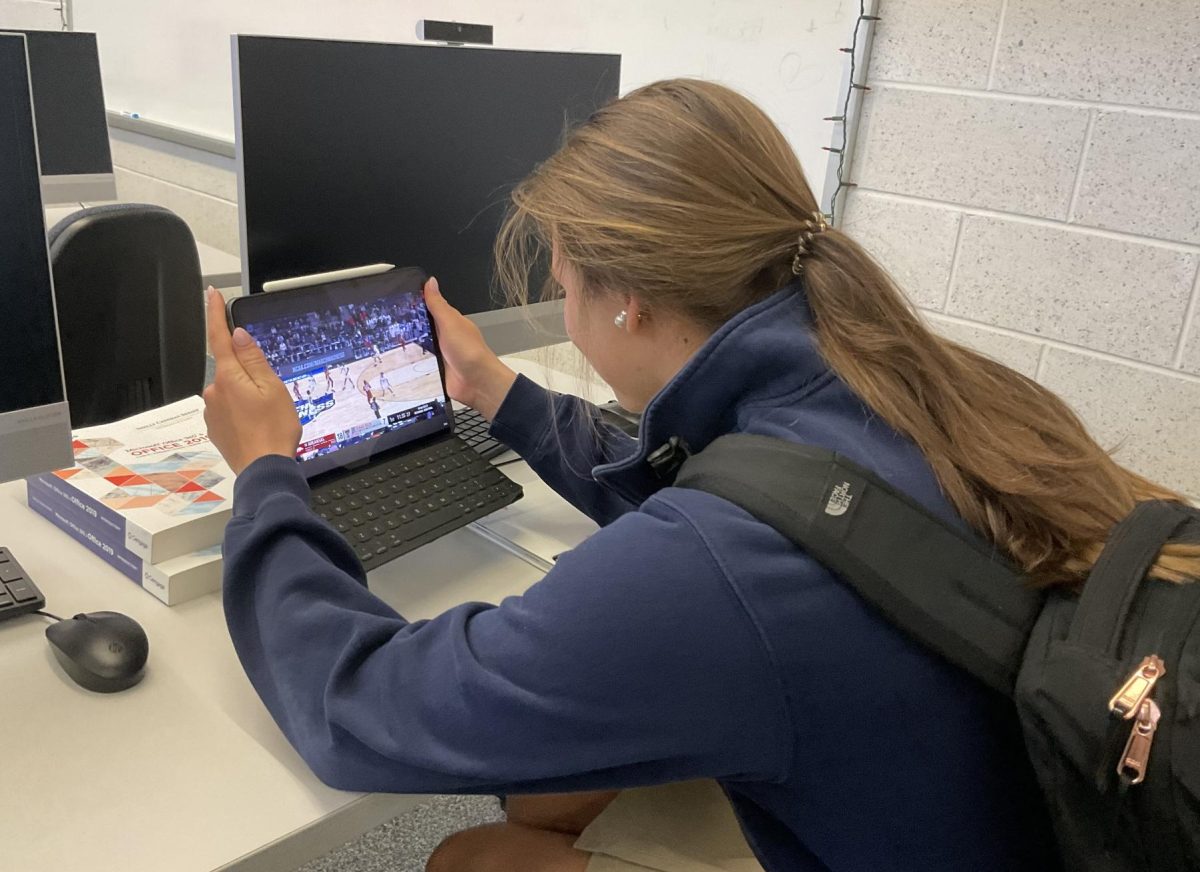













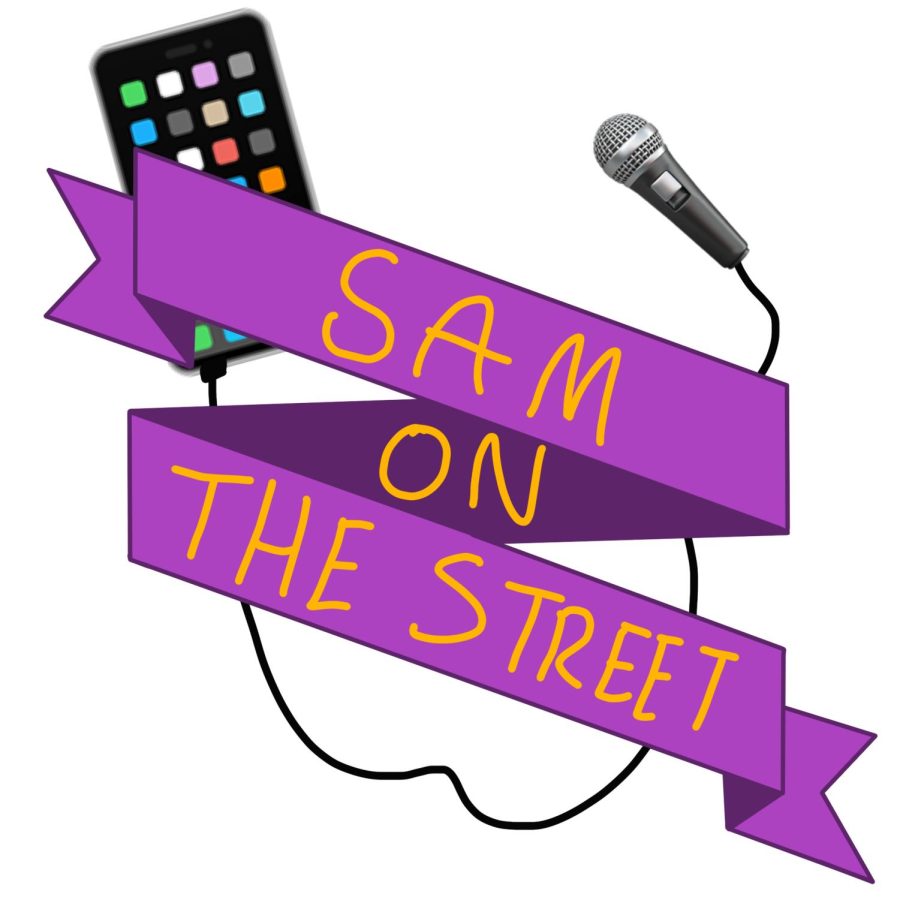










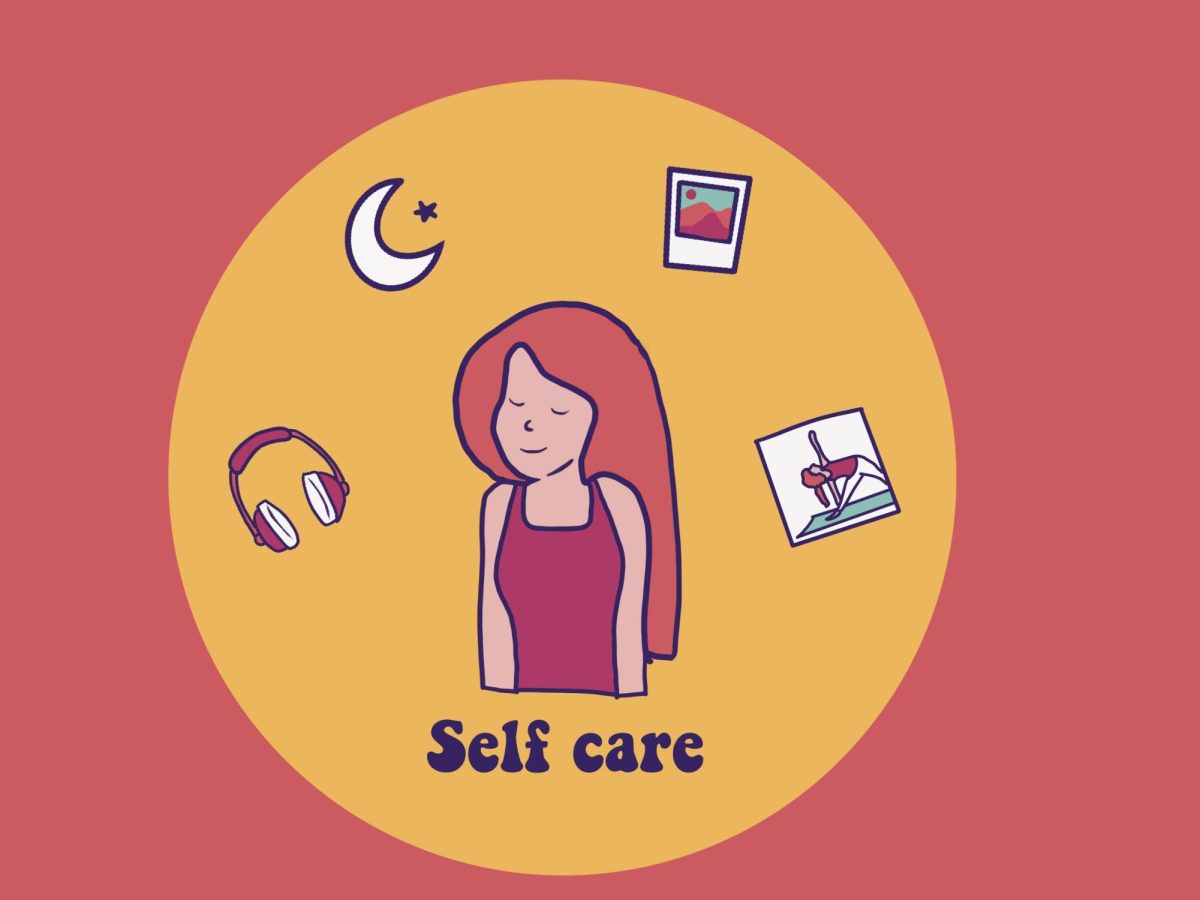
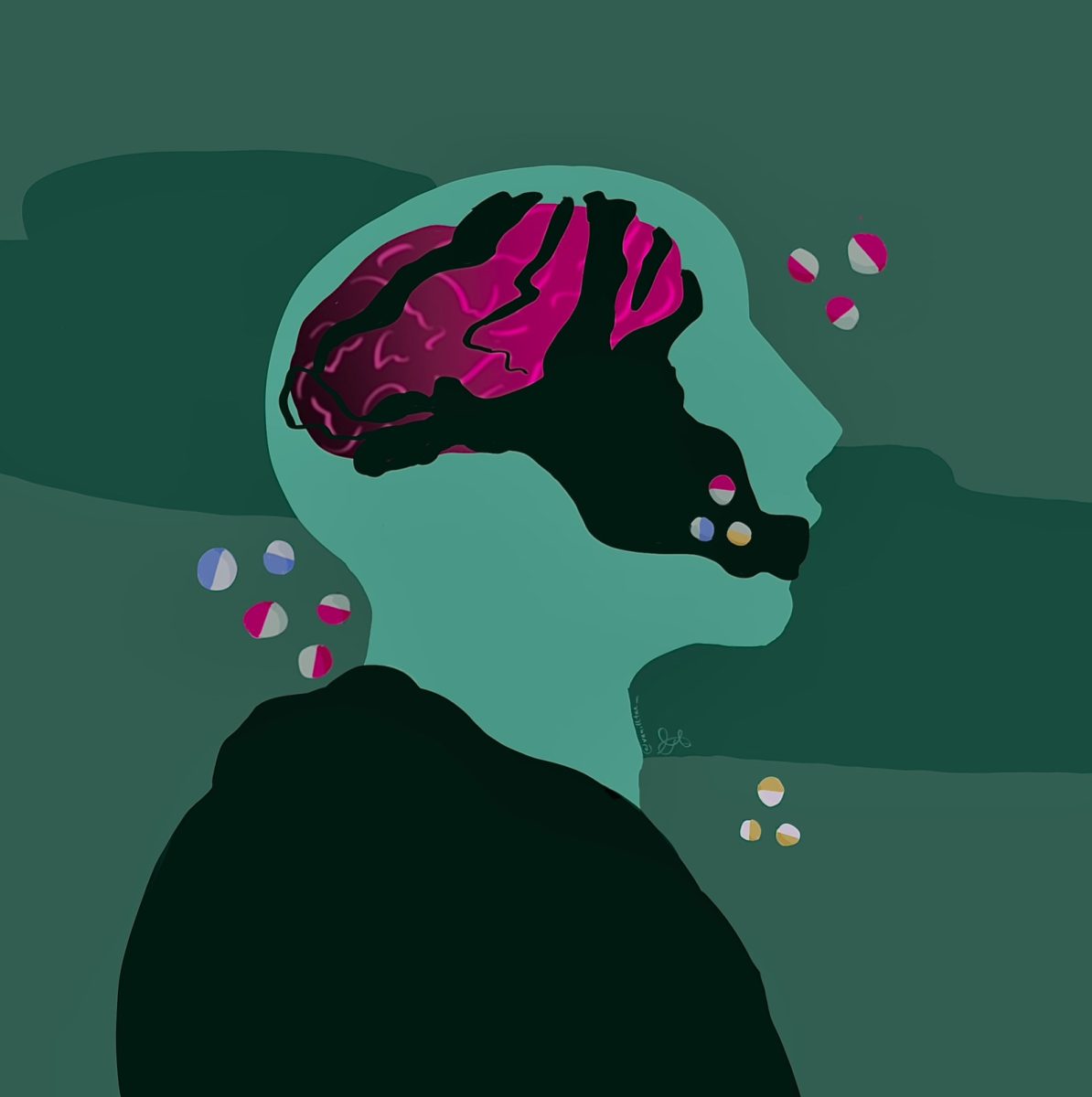








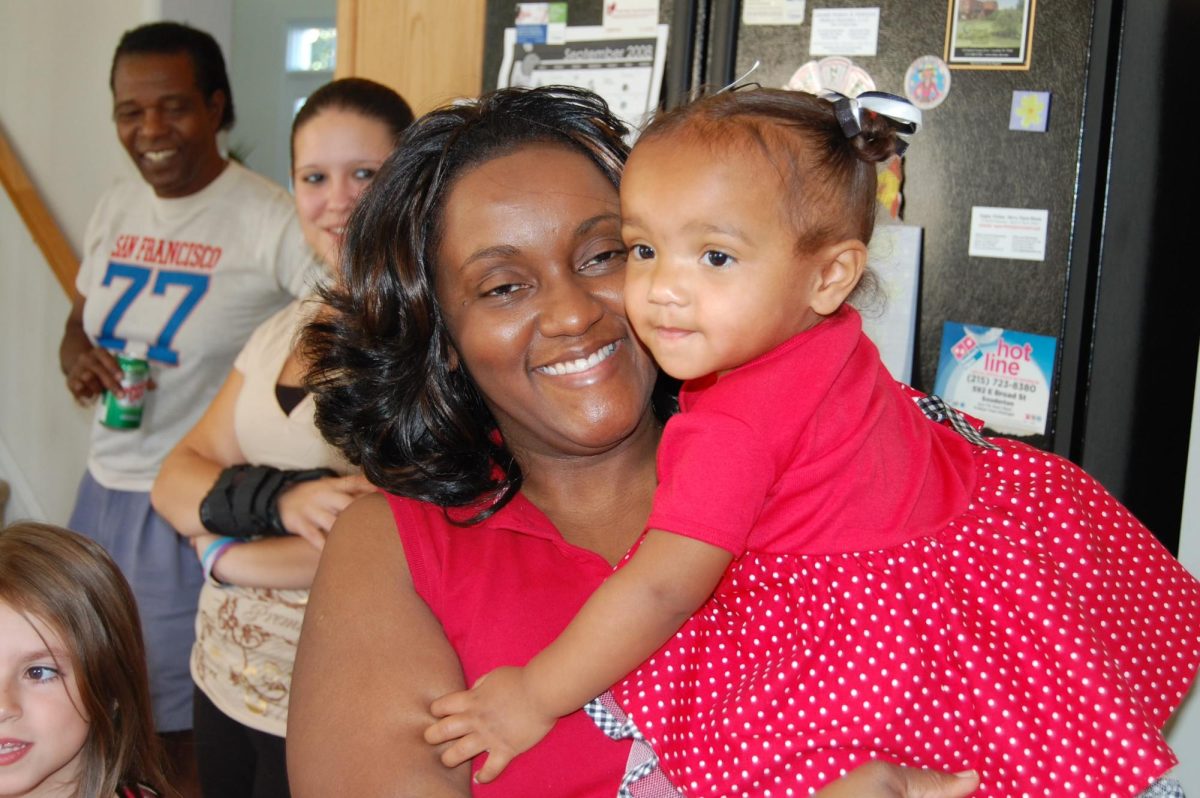










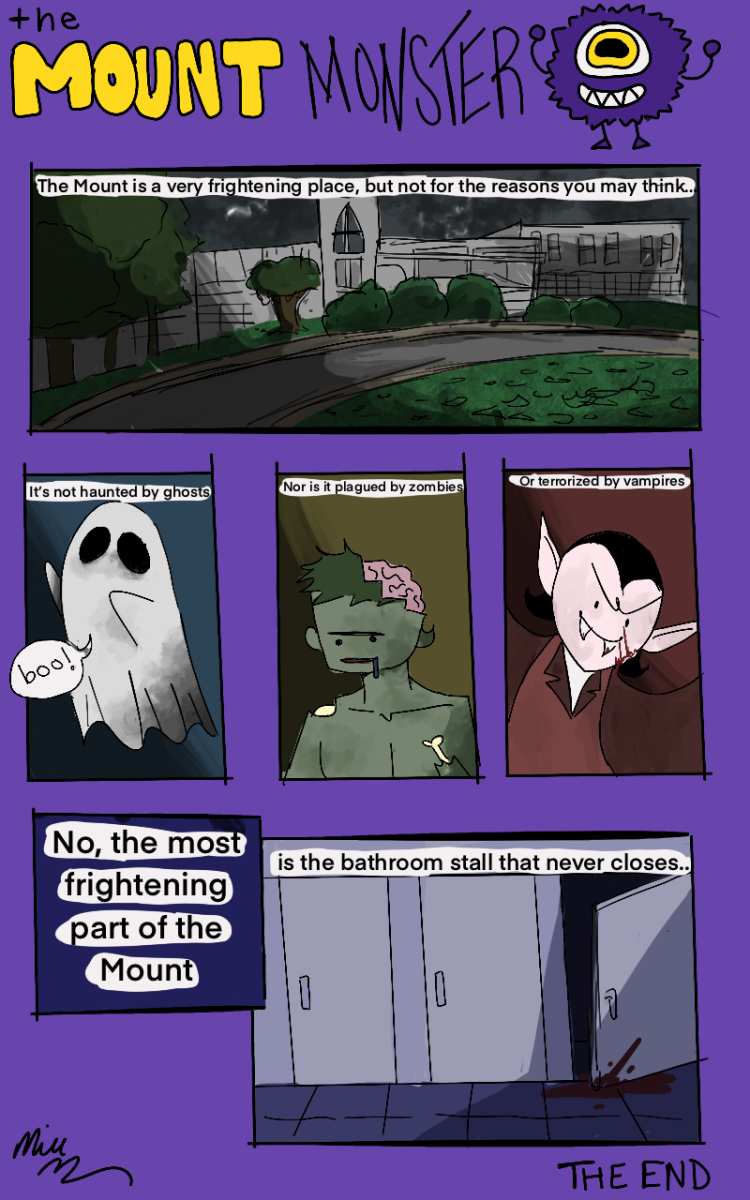
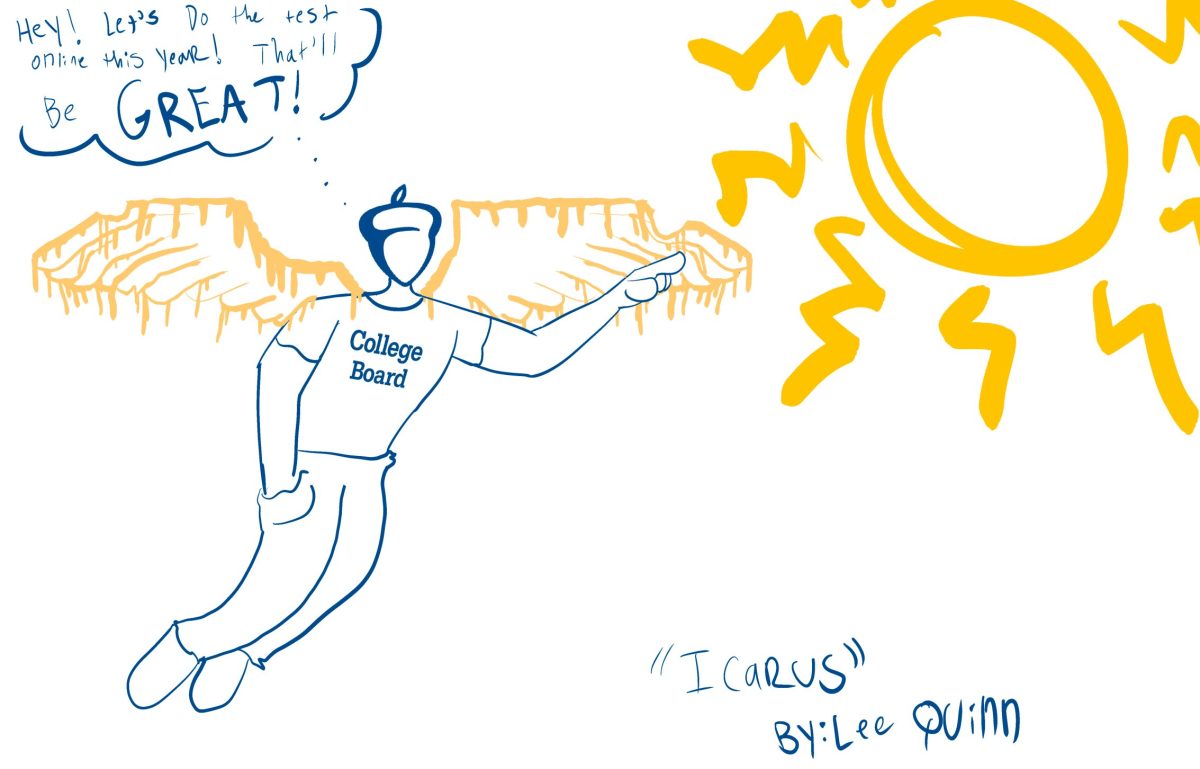








Sine Thompson • Sep 20, 2022 at 11:28 am
Thank you for sharing this. It’s very important that we learn about disorders such as tics to help support everyone. This article is very well written. Good job Ramsey!!
Gianna Piroso • May 17, 2022 at 7:40 pm
Amazing article full of incredibly helpful resources and information!! Great job!
Jonathan Fabrey • May 17, 2022 at 4:55 pm
Great job!